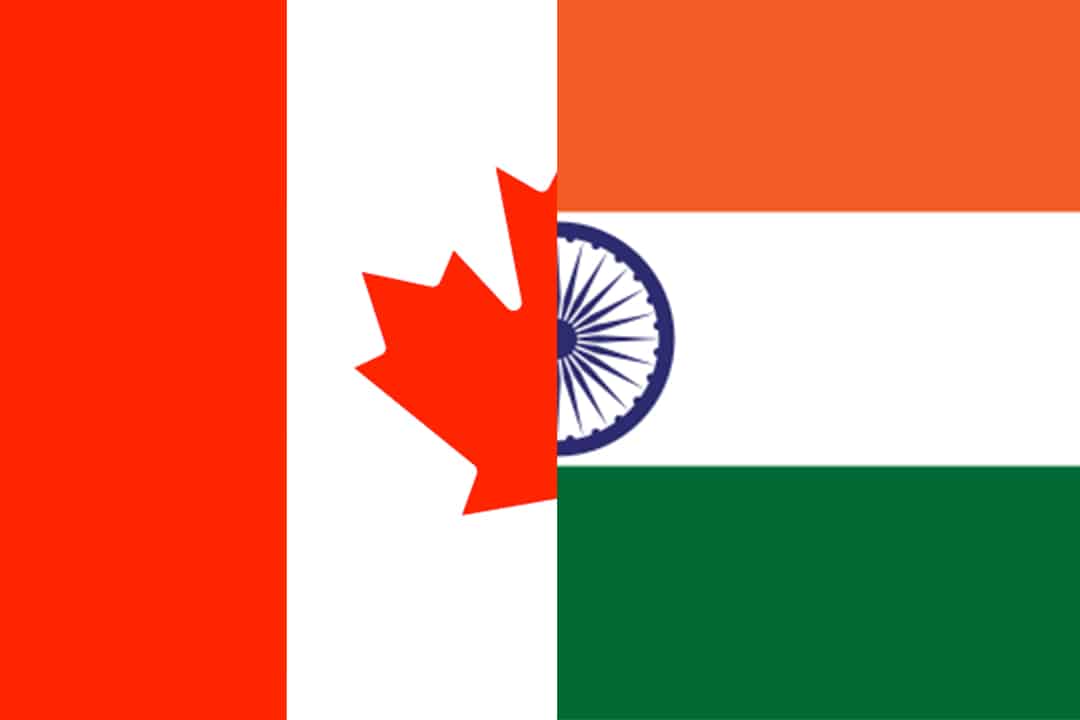It has been a month since the Indian government indefinitely suspended visas for Canadian travellers due to the allegations Justin Trudeau levelled against Indian intelligence forces and their involvement in the murder of Hardeep Singh Nijjar on Canadian soil. For Indians, the Indian government has just stood up to Goliath’s tyranny. After years of being ‘big brothered’ by the West on the global stage regarding economic and sociopolitical development, India is now punching back, and media houses in India are explicitly critical of the Canadian allegations.
However, I do not see the Indian government’s move as a question of courage or cowardice. In my view, the suspension of visas was not an example of the Indian government’s ‘bravery,’ but rather a reflection of the decision process I see in the Indian government’s policy-making — make it loud, make it melodramatic, make it patriotic, and make it alienating. Make it all of the above while failing to make any meaningful change possible.
India stands to lose very little from suspending Canadian visas. The Indian economy isn’t heavily reliant on tourism from Canada, and neither is the workforce in need of Canadian immigrants.
However, the people who will inevitably end up suffering are Canadians with familial or professional ties to India, a number that currently stands in the millions. An NPR article highlighted the plight of those directly impacted by the visa ban through interviews with people in Canada. Most of the people affected are Canadian citizens of Indian descent who had booked their tickets to visit India but could not get their visas in time.
Unfortunately, we cannot quantify the emotional toll that the ban may have on families and relationships. So far, the Indian economy hasn’t taken a significant blow from the ban. Therefore, I think that unless the Indian government sees the ban as negatively impacting its chances of winning the 2024 Lok Sabha elections, the Kafkaesque ban won’t be lifted anytime soon.
I believe the Indian government is brash. It has been for quite some time, and the visa suspension is evidence of that. Interviews with people affected by the ban in the NPR article show that the Consulate General of India in Canada is unwilling to make accommodations for people who urgently need to go to India. The government seems to be signalling that weddings must be postponed, funerals halted, childbirths should be paused, and the sick should seek healthcare elsewhere. It would be an understandable move to make if the Indian government believes a security threat is looming and that protecting its borders must be India’s priority — but this is not the case.
It is clear then that Indians will suffer most from the government’s decision to suspend Canadian visas. I question the government’s lack of empathy towards its own citizens in these actions. Shouldn’t a government care about its citizens instead of picking and choosing which vote bank to appease on a specific day?
This isn’t the first time the Bharatiya Janata Party (BJP) has silenced the minority by tooting its own horn extra loud. The BJP government’s domestic policies have frequently caused the minority to suffer — not only does the government never address this strife, but they also choose not to acknowledge it. For those familiar, the protests against the BJP’s Citizenship Amendment Act-National Register of Citizens (CAA-NRC) bill — which was dubbed by international media as India’s “anti-Muslim” citizenship law — and the unethical practices the government has employed were met with a similar blind eye by those in power.
I think the visa suspension is meant to enhance the ‘Lord and Saviour’ image that has been meticulously curated for Prime Minister Narendra Modi by his party. The media in India continues to vilify Canada and praise Modi’s leadership during this time. Coincidentally, Modi is up for re-election in 2024, which I believe will be at the forefront of his party’s agenda as they continue to deal with the Canadian allegations.
That being said, I also believe that by no means has Prime Minister Justin Trudeau’s handling of the events been any better. I’d argue that both Trudeau and Modi have done what looks best for them on paper and what makes them each strong contenders for re-election.
However, both India and Canada’s actions have negatively impacted a significant portion of society and left no avenues to address their issues. Canada postponed a trade mission to India, both countries have sent the other’s diplomats home — and now the question of whether Canada will also suspend visas looms large.
Nidhil Vohra is a fourth-year student at St. Michael’s College studying peace, conflict and justice and political science. He is an International Affairs columnist for The Varsity’s Comment section.



No comments to display.